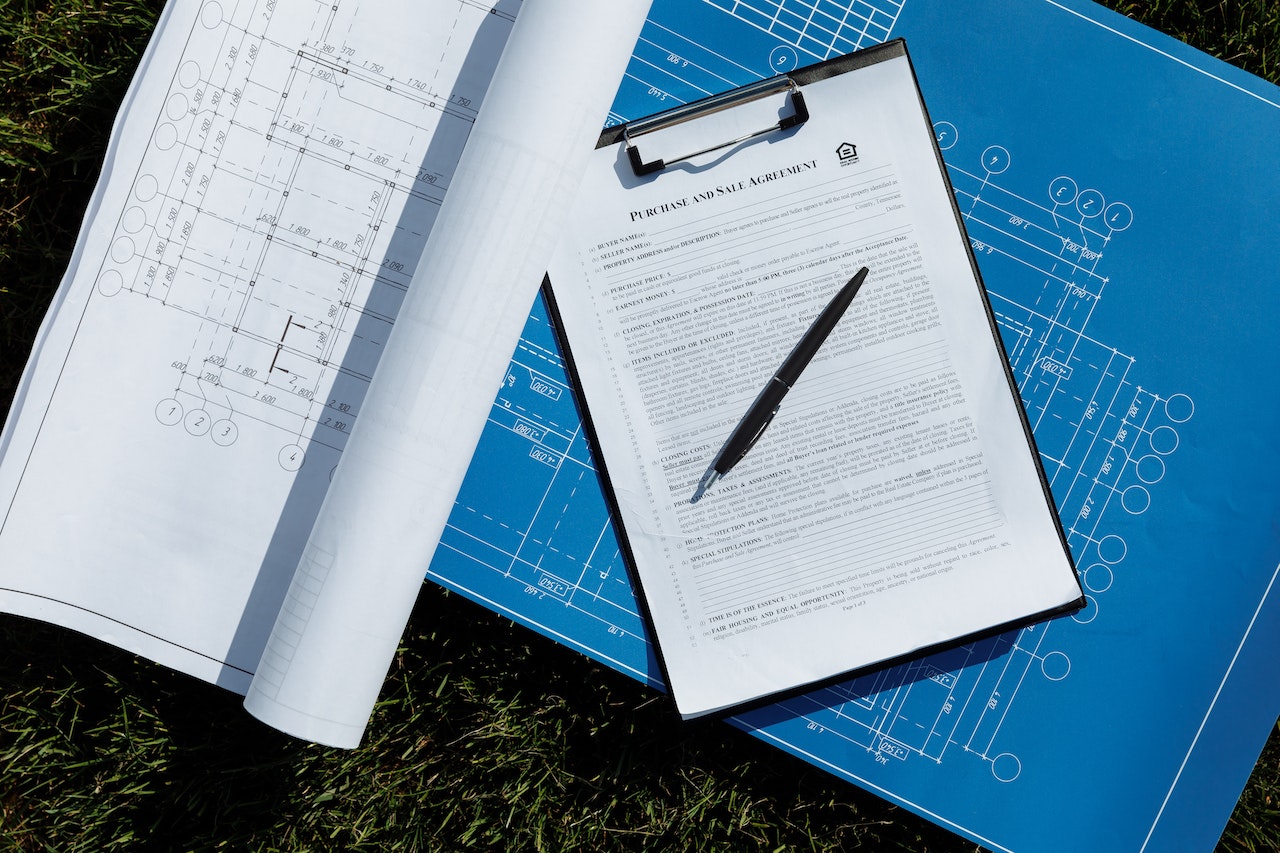- Secure a loan by researching types of loans and lenders, understanding creditworthiness, and creating a budget.
- Consider monthly needs when budgeting for a home purchase to ensure affordability.
- Additional costs such as repair and maintenance, taxes, insurance, and fees must be accounted for in the budget.
- Homeownership has many benefits, including improved mental health, financial security, and better educational outcomes for children.
- Dedication and preparation are essential for financing a home and achieving homeownership dreams.
The importance of a home to a person cannot be overstated. It’s often said that a house is more than just a place to live—it’s an investment that can provide many tangible and intangible benefits. Homeownership has been linked with improved mental health, better educational outcomes for children, financial security, and much more.
Statistics show that owning your own home can positively affect personal well-being. According to the social science research organization The Urban Institute, homeownership increases life satisfaction and psychological well-being by up to 15%. Similarly, the National Association of Realtors found that among recent home buyers, 89% reported feeling financial security due to their purchase.
However, there is no question that financially preparing for a home purchase can be a daunting task. Fortunately, you can benefit from a financial guide to help you finance a home and make your dreams of homeownership a reality.
Secure a Loan

Purchasing a home is one of the most significant financial investments you will ever make, and securing a home loan is one of the most critical steps to ensure that investment pays off. Securing a loan for your new home requires careful planning and research. Here are the steps to take to secure a home loan:
Research Types of Loans
It’s important to research different types of loans available, such as fixed-rate or adjustable-rate mortgages (ARM). Understanding each type of loan can help you determine which one best meets your needs. Additionally, researching different lenders ahead of time can help you find competitive rates and terms. You can find the best mortgage rates by looking for positively-reviewed brokers online.
Review Your Credit Report & Score
A good credit score is essential when securing a loan, so it’s important to review your credit report regularly and ensure it reflects an accurate picture of your creditworthiness. It would be best if you also aimed to pay down any existing debt before applying for a loan, as this can improve your chances of being approved for the best rate possible.
Find Out What You Can Afford
Knowing what you can afford is essential before negotiating with lenders when buying a house. Calculate how much you could reasonably spend on monthly mortgage payments—including principal, interest, taxes, and insurance—and use this information to compare when shopping around for loans.
Get Pre-Approved
Once you’ve done the research and have found an affordable loan option that fits into your budget, it’s time to get pre-approved by the lender so that they have an understanding of your financial situation and are more likely to approve your request for financing when you make an offer on the house.
By carefully researching all available options before applying for a loan, you will be on your way toward homeownership!
Identify Your Monthly Needs

Budgeting is an essential part of the home-buying process. Without proper budgeting, you may not be able to cover housing and other expenses adequately, and you could put yourself in a financial situation that will take years to recover from. According to the Consumer Financial Protection Bureau, 28 percent of mortgage borrowers use more than half their monthly income for debt payments. When budgeting for your home purchase, you must consider your living expenses—including housing costs, utilities, transportation, insurance, and childcare—to determine what you can afford without overextending yourself financially.
Creating a budget isn’t difficult; it just requires planning and dedication. Track your spending habits by documenting all income and expenses over several months. Once you clearly understand where your money goes each month, determine how much needs to be allocated toward housing costs and other fees. This will help you know what size mortgage payment you can realistically afford while meeting your needs.
Consider Additional Costs
Monthly mortgage payments are not the only house-related expenses you must consider when budgeting for a home. Homeownership also comes with repair and maintenance costs, taxes, insurance, utility bills, and additional fees associated with the purchase (such as closing costs).
It’s important to factor these expenses into your budget before making any final decisions; this will help you understand what you can genuinely afford when purchasing a home. Make sure to work in some extra money for an emergency fund as well—you never know when an unexpected expense may come up that requires quick action.
Final Thoughts
Financing a home can be complex and intimidating, but you can make it happen with the proper knowledge and preparation. Researching different loan types and lenders, understanding your creditworthiness and budget, and preparing for additional costs will help you purchase a home that fits your needs and financial capabilities. With dedication, determination, and attention to detail, you will surely achieve your dream of homeownership.


